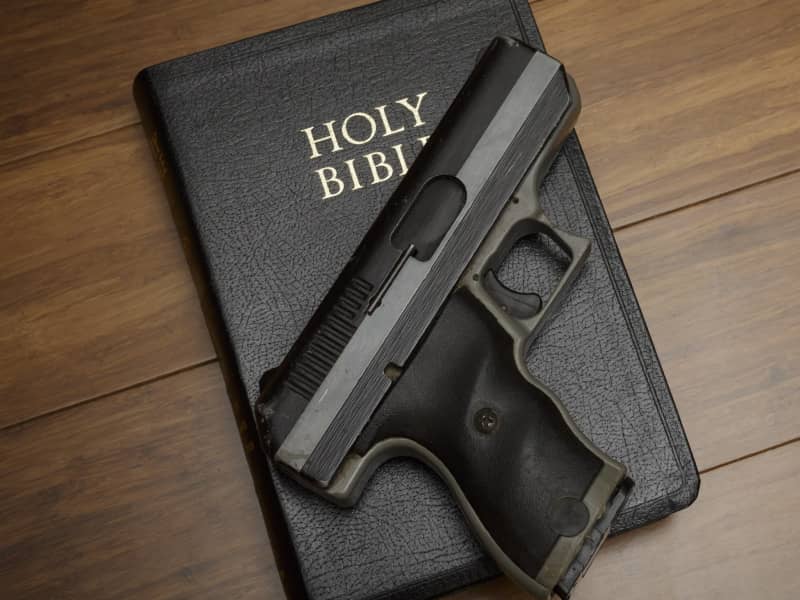The religious coalition that Republicans had assembled -- evangelical Christians, regular churchgoers, and Catholics -- shrunk on Tuesday.
The "God Gap" -- One of the most important factors in recent years has been the development of a religiosity gap in which the most church-going Americans voted Republican and the least devout voted Democratic. This gap closed a bit in this election.
People who attended church weekly voted 58 percent to 41 percent for Bush in 2004. This year, they voted 51 percent for Republicans to 48 percentfor Democrats.
This seems to be particularly true in some of the key swing states. For instance, in Ohio the Democratic candidate for Senate, Sherrod Brown, got 44 percent of those attending worship services weekly or more. The Democratic Senate candidate in 2004, Eric Fingerhut, got only 27 percent and John Kerry got 35 percent of them.
It's unclear whether church-going voters turned to Democrats because they now viewed them as friendlier to faith or whether they were simply motivated by unhappiness with the war in Iraq
Catholics -- With all the attention on evangelicals, we shouldn't lose sight of another significant result: In this election, Democrats won back the Catholic vote. In 2004, President Bush beat John Kerry among Catholics 52 percent-47 percent. The exit polls for the House races show Catholics going 57 percent-42 percent for the Democrats. Democrats gained ground among white Catholics and Hispanics.
In all likelihood this has little to do with social issues but rather illustrates Catholic dissatisfaction with the Iraq war.
Evangelical Democrats – While it wasn't exactly an evangelical stampede, Democrats did make noticeable improvements among white evangelical Christians. In 2004, John Kerry got 21 percent of "white evangelical/born-again" Christians. This year, the Democrats got 29 percent.
In all likelihood, these were not conservative "religious right" voters but more moderate evangelical voters who had trended Republican in recent years but supported Democratic approaches to the environment and poverty.
Pro-Life Democrats – Several seats were snatched away from Republicans by pro-life Democrats. Several incumbent Republicans in the House and the Senate were unseated by pro-life Democrats. Robert Casey, Jr., who is anti-abortion, defeated Sen. Rick Santorum in Pennsylvania. Brad Ellsworth, who defeated Indiana incumbent Congressman John Hostettler, also opposes abortion, as does former pro-football quarterback Heath Shuler, who defeated North Carolina Republican Congressman Charles Taylor.
These Democrats are not shy about their anti-abortion views though they put a Democratic twist on them. For instance, on his website, Shuler says he is "a pro-life Democrat and I believe that all life is sacred." He adds that he also believes that "a commitment to life extends beyond the womb and means ensuring that all people have adequate health care, receive a strong education, and be given proper care in their later years."
To cement the gains with religious voters and Catholics, the Democrats will likely need to develop a more moderate position on abortion. These new pro-life Democrats will surely press the case; it's an open question how the pro-choice Democrats who will still dominate the party will react.
Thanks to the Iraq war, Democrats now have an opening to win over more religious voters. However, the Iraq war won’t dominate forever and Democrats will now need to prove themselves worthy of centrist religious voters by altering their views on some social issues and dispelling the image that they're hostile to faith.
P.S. -- Two Religious Milestones -- With the election of Keith Ellison, a Minnesota Democrat, Congress has its first Muslim representative. Second, if the Democrats take control of the Senate, as now appears likely, they will likely elect a Mormon, Harry Reid of Nevada, as the leader. Given that the Church of Latter Day Saints used to be viewed by many Christians as heretical, it's a sign of how far Mormons have come that Reid's faith appears to be a non-issue.

